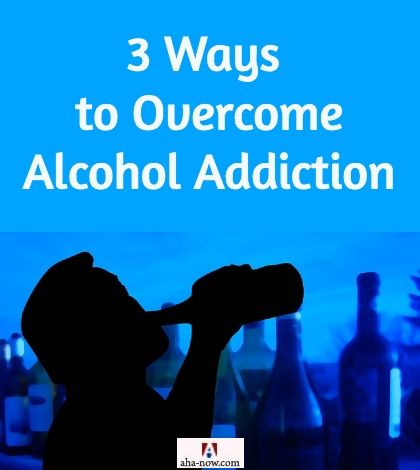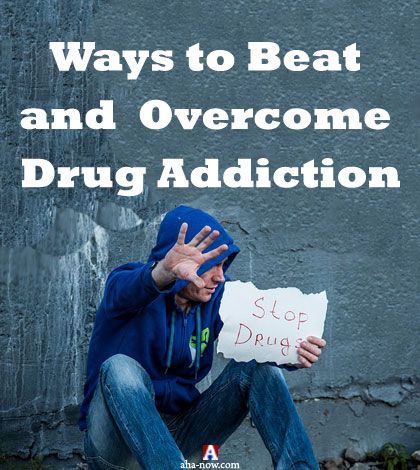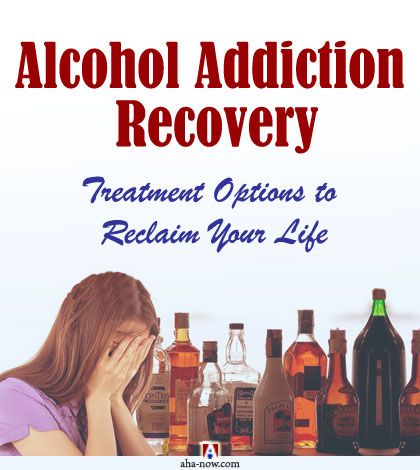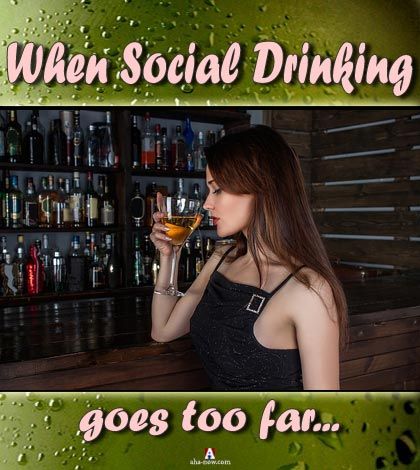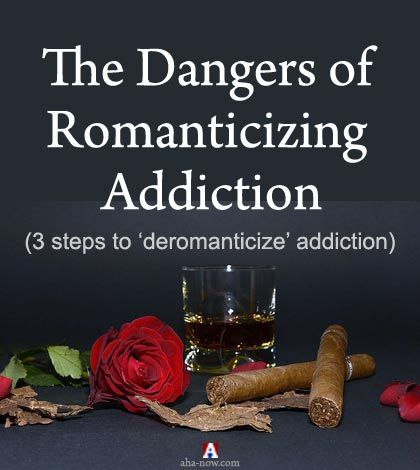7 Common Myths About Sobriety That Are Impairing Your Judgment

Table of Contents
- Know the Myths About Sobriety
- Myth #1: You have to hit rock bottom to embrace recovery
- Myth #2: You can’t have a sober social life
- Myth #3: You should be ashamed of your alcoholism
- Myth #4: You don’t deserve to recover
- Myth #5: Recovery is always a painful and distressing process
- Myth #6: Your only option is to attend Alcoholics Anonymous Meetings
- Myth #7: Tasty and satisfying non-alcoholic beverages don’t exist
- Wrapping up
You deserve and can have a sober lifestyle. However, your mind may get entangled in the various myths about sobriety. You should not let these myths impair your judgment. The way to sobriety may be tough for some, but eventually, it makes your life much better. You must know what are the common myths about sobriety that stop people from leading a happy and healthy life and what you should do instead. ~ Ed.

If you feel like alcohol is everywhere you turn, you’re not alone. It’s nearly impossible to walk into a get-together without being coerced into sipping on a hard seltzer or chatting about your favorite type of beer. Still, the sober-curious movement is taking the world by storm as adults of all ages are beginning to reconsider whether or not binge drinking is worth the memories of cringe-worthy booze-fueled interactions, weight gain, health implications, and brutal hangovers.
If you’re curious about pursuing a sober lifestyle, consider these seven common myths about sobriety that may be impairing your judgment.
Know the Myths About Sobriety
Do you believe recovery is painful or that you can have a sober social life? Well, you may have some withdrawal symptoms while recovery and it might seem odd initially, but you can lead a sober social life. Here are all the common myths and answers to your curious questions about sobriety.
Myth #1: You have to hit rock bottom to embrace recovery
If you’re losing relationships or career opportunities, jeopardizing your health, and consistently misbehaving because of your alcohol use, you may feel that you are hitting rock bottom. In such situations, it may feel glaringly apparent that you ought to make a significant change and look into pulling back on your alcohol use. Dissimilarly, those with milder relationships with alcoholic beverages may feel unsure about when they should cut out alcohol.
Luckily, you don’t have to justify your reasons for pursuing sobriety to anyone except for yourself. If you begin to notice an uncomfortable dependency, would like to embrace sobriety for health reasons, or simply don’t enjoy the way you feel when drinking, you have every right to pursue a change.
Myth #2: You can’t have a sober social life
If you’ve long used drugs and alcohol to enhance the excitement and enjoyment you feel in social situations, it may not be easy to imagine a fulfilling social life without a drink in hand. Still, maintaining a pleasurable, sober social life is possible. Consider inviting your friends to do activities that don’t encourage excessive alcohol consumption, like outdoor adventures or movies at the theater. What’s more, you may find that you enjoy interacting with friends and loved ones more when you can be fully present and don’t have to worry about spending the following day hugging the toilet while nursing a hangover.
Keep in mind that friends worth keeping around will support you in taking the steps towards sobriety that will ultimately benefit your health and happiness long term.
Related Posts
Myth #3: You should be ashamed of your alcoholism
While stigmas associating individuals struggling through alcohol addiction with laziness or immorality are abundant, scientists and doctors agree that addiction is a disease that cannot easily be reigned in on one’s own. Do your best to remind yourself that your alcohol addiction has little to do with your moral compass or positive qualities.
Considering that chemical dependency is influenced by several factors, including genetics, familial environment, trauma, and early exposure to addictive substances, it stands to reason that you should leave your shame at the door when you embark on your sobriety journey.
Myth #4: You don’t deserve to recover
Many individuals who have struggled with alcohol dependency tend to worry that their actions and choices inhibit them from seeking treatment or leading a healthy life. The fact of the matter is that everyone deserves to pursue a lifestyle that positively contributes to their overall wellness, and so do you.
Myth #5: Recovery is always a painful and distressing process
Although alcohol withdrawals can be highly uncomfortable and potentially dangerous, not every path to sobriety is paved with pain and distress. While it’s normal for heavy alcohol users to experience withdrawal symptoms once they stop drinking, the sobriety process can differ substantially because of the severity of the addiction and the professional and personal support that the sobriety-seeker has access to.
Many of those who have chosen to transition to sober lifestyles report that they feel more energized and happier shortly after becoming sober. Still, you mustn’t attempt to manage withdrawal from a substance that you are dependent on without the supervision of a doctor.
Myth #6: Your only option is to attend Alcoholics Anonymous Meetings
While Alcoholics Anonymous programs have proven to be highly successful in supporting recovering alcoholics in moving towards a life of sobriety and freedom from substance abuse, the notion that AA is the only recovery option is a common misconception. From intensive outpatient or inpatient programs at recovery centers to outpatient therapy with an addiction specialist, you have the power to evaluate which treatment option will be most beneficial for you.
Myth #7: Tasty and satisfying non-alcoholic beverages don’t exist
For those trying to get or stay sober, interacting with friends begging for a mimosa-fueled brunch or a beer-centered get-together can be a significant trigger. In recent years, beverage companies have begun to receive the memo: plenty of sober adults would like to enjoy a social beverage that doesn’t contain alcohol. If you’re hankering for a tasty drink that won’t jeopardize your sobriety progress, consider getting your hands on a mocktail or one of the many non-alcoholic wines or beers on the market.
Wrapping up
Getting sober certainly isn’t always easy, but it’s doable and worth it. Let’s raise a glass (full of a non-alcoholic cocktail) to a happy, healthy, sober life.
Are alcohol cravings consuming your day-to-day life? Do your drinking patterns send you into a shame-induced spiral? If so, sobriety may be calling your name. Please share your thoughts and personal experiences in the comments to help others.
Image credits: depositphotos.com
Disclaimer: Though the views expressed are of the author’s own, this article has been checked for its authenticity of information and resource links provided for a better and deeper understanding of the subject matter. However, you're suggested to make your diligent research and consult subject experts to decide what is best for you. If you spot any factual errors, spelling, or grammatical mistakes in the article, please report at [email protected]. Thanks.







